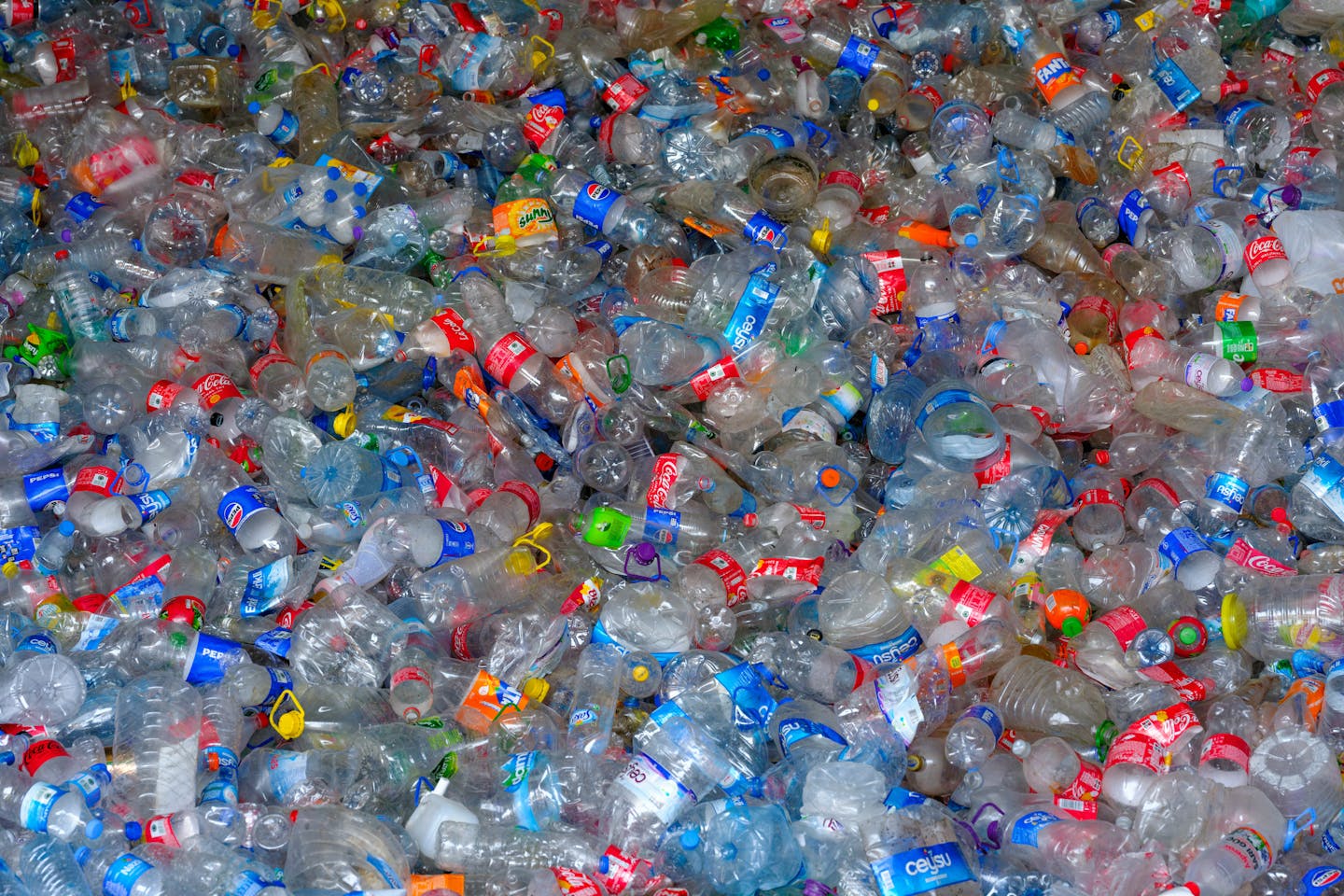By Chen Aijia
Copyright eco-business

Another key dispute was over financing. The developing nations wanted developed nations to be obliged to provide money and resources for funding mechanisms to meet the eventual treaty’s aims. The new talks, however, removed that obligation in favour of voluntary commitments.
The US delegation also questioned whether China and other emerging economies can be classed as developing nations. There were deep divisions over who would pay – particularly over the idea of a polluter-pays principle.
The Geneva draft text is also less binding than the 2024 draft from Busan.
There are changes on the allocation of responsibility, regulatory models, and the effectiveness of enforcement. On funding, the text has downgraded a “shall” to a “should”, reducing the responsibilities of the developed nations to the developing, least-developed and small-island nations.
On regulatory approaches, Busan stressed a top-down approach, with a global list of products to be phased out. Geneva shifts to national standards and risk assessments, with no restrictions on production.
On enforcement, the Geneva text downgrades the role of a science and technology committee. No longer a permanent committee with independent assessment and policy-making powers, it becomes subordinate to the Conference of the Parties, to which it provides advice. Meanwhile, the word “may” associated with producing national plans is strengthened to “should”.
Potential impacts of the new text
The new text, compared to Busan, would reduce the effectiveness of international governance of plastic pollution.
Two methods for tackling the problem – recycling and biodegradable plastics – both have their limitations. Currently only 9 per cent of plastics are recycled. Chemical recycling can produce toxic byproducts such as dioxins, and carbon emissions can be as much as 40 per cent higher than conventional recycling methods.
Most biodegradable plastics need to spend 180 days in an industrial composting facility to break down. In reality, only 0.007 per cent of plastics go through this process.
Reuse is one of the “Three Rs” of plastic management – reduce, reuse, recycle. This means ensuring plastic containers can be refilled with their original contents, extending the lifespan of containers and reducing disposal and recycling costs.
The Busan text tried to set out a framework for that kind of circular economy. It made clear that plastic products would have to be designed for reuse, refilling and repair. It would have banned the production and sale of “oxo-degradable” plastics, meaning conventional polymers that break down into microplastics and cannot be reused or recycled.
It also called for national standards to be set for the collection and recycling of plastic waste and a compulsory producer-responsibility system, to promote full-lifecycle management of plastic products. In the section on funding mechanisms, it listed reuse infrastructure as eligible for funding, creating a complete policy system covering design, production and recycling. These provisions would have laid a solid foundation for the circular economy.



